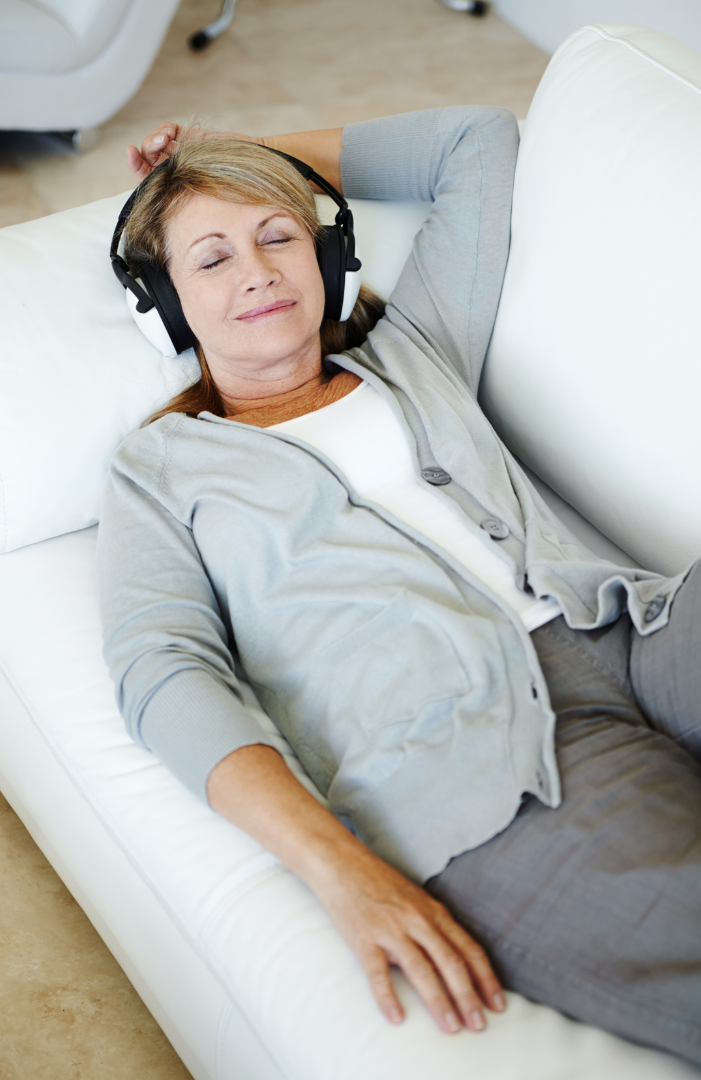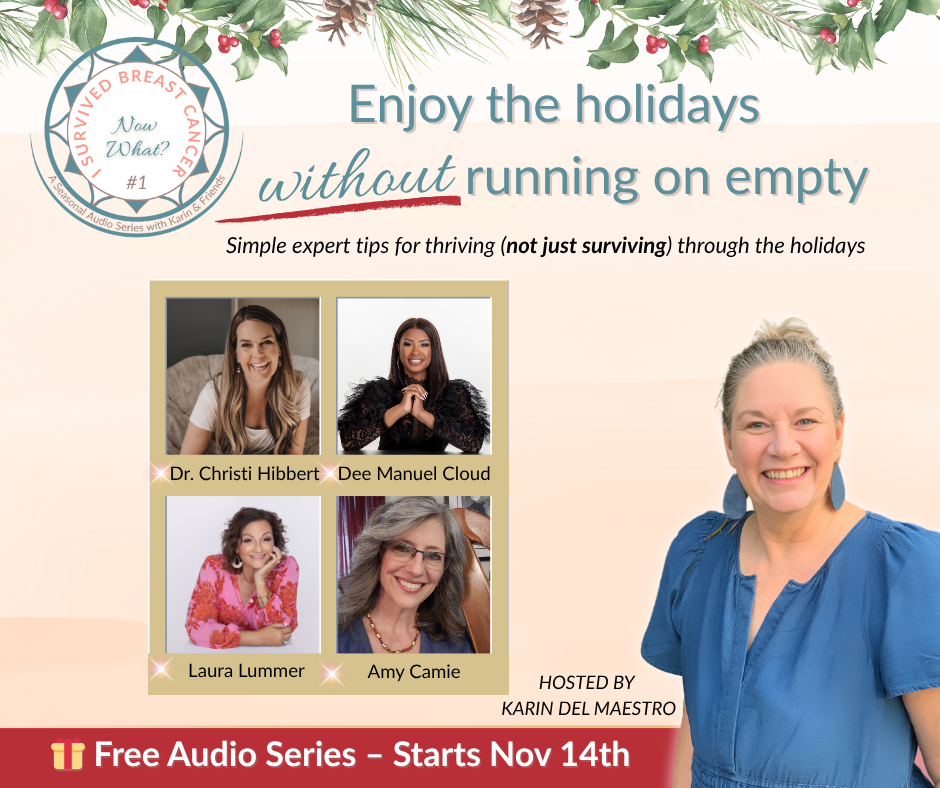3 Ways to Cope When We Lose a Pink Sister
Jul 17, 2024Good morning, my beautiful friends. Today, I'm here to talk about something pretty personal but also really important.
As breast cancer survivors, we form a unique bond with each other. I always say it's the club you never want to be part of, but it's an unbreakable sisterhood and one that you could never imagine.
You may have felt often in your life that you didn't fit in, and now suddenly, you fit in in a place that you never wanted to.
But what happens when we lose one of our own?
As we lost Shannen Doherty this week, it can feel like we're losing part of ourselves. I'm always going to remember Shannen as Brenda from 90210. It was definitely one of my favorite shows when it originally aired in about 1990, around the time when my daughter was born.
Today, I want to share three ways to cope with the loss of another breast cancer survivor, and my hope is that this will bring some comfort into your hearts.
Understanding Collective Trauma
You may wonder why losing a fellow breast cancer survivor is so hard. There’s a term that’s important to understand here: collective trauma.
Collective trauma refers to the psychological impact shared by a group of people who’ve experienced a similar traumatic event. As breast cancer survivors, we share a collective journey filled with ups and downs.
When we lose someone from this journey, it impacts all of us, amplifying our feelings of grief and loss, and making it really challenging to cope.
Physical Symptoms of Collective Trauma
When collective trauma affects us, it can manifest in various physical symptoms such as:
- **Fatigue:** Feeling unusually tired or lethargic.
- **Sleep Disturbances:** Difficulty sleeping or experiencing nightmares.
- **Appetite Changes:** Noticeable changes in appetite, either eating more or less than usual.
- **Muscle Tension:** Increased tension and pain, especially around the neck and shoulders.
- **Headaches:** Frequent headaches or migraines.
It’s crucial to recognize these symptoms as signs of collective trauma and give yourself the grace to address them.
Three Ways to Cope with the Loss
- Acknowledge and Feel Your Feelings
The first way to cope is to acknowledge and truly feel your feelings. There’s a saying that we need to feel it to heal it. It’s okay to feel sad, angry, confused, or even numb. These feelings are a natural part of the grieving process. I remember feeling really overwhelmed when I lost a dear friend to breast cancer. Allowing myself to cry and express my emotions helped me begin the healing process.
You might consider journaling, talking to a trusted friend or counselor, or expressing your feelings through creative outlets like art or music. Recognizing your feelings without judgment is vital. Give yourself permission to feel whatever comes up.
- Practice Self-Care
The second way to cope is through practicing self-care. Taking care of yourself is crucial, especially during times of grief. Here are three easy ways to practice self-care:
- Physical Activity: Engage in gentle exercise like walking, yoga, or stretching. Moving your body can help release tension and improve your mood. Think about compassionate exercises like restorative yoga, yin yoga, or Tai Chi. These activities are gentle and nurturing.
- Healthy Eating: Nourish your body with wholesome foods like fruits, vegetables, and plenty of water. While cravings for comfort foods like chocolate and chips might be strong, remember that nourishing your body with healthy foods can help you feel better in the long run.
- Rest and Relaxation: Rest is not a reward; it’s your right. Give yourself permission to rest and relax. Whether it’s reading a book, listening to calming music, or simply taking time to breathe, rest is essential for recovery.
- Surround Yourself with People Who Get It
The third way to cope is by surrounding yourself with people who truly understand. Having a strong support system is invaluable. Connect with other breast cancer survivors who can relate to your experience. I cannot stress enough how important it is to have a support system that gets it.
You might look for local support groups at hospitals or cancer centers, join online communities and forums, or attend events, workshops, and retreats specifically for breast cancer survivors. I host a Facebook group called the Healthy Living After Breast Cancer Community, and it's a wonderful space to share and receive support.
Recap
To cope with the loss of another breast cancer survivor, remember to acknowledge and feel your feelings, practice self-care, and surround yourself with people who understand. You are not alone on this journey. Together, we can find hope and possibility to keep going.
Thank you for being here, and please take care of yourselves. Reach out if you need support. We’re in this together.



